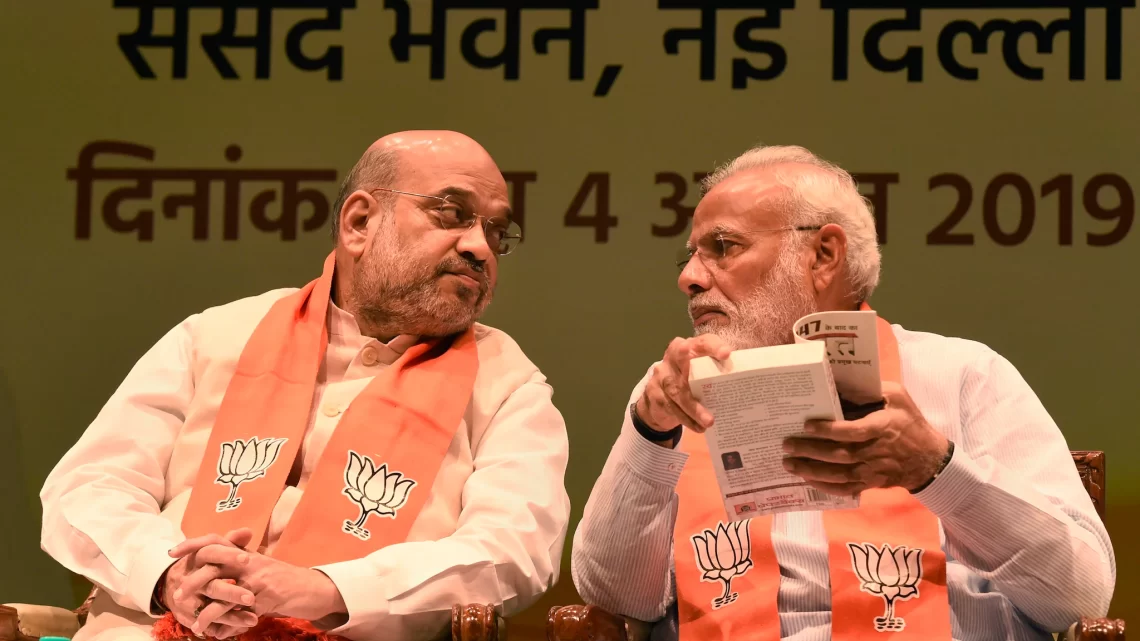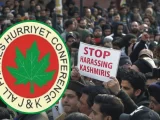
Threats to Democracy: BJP’s Electoral Maneuvering Amid Lok Sabha Polls in India
April 25, 2024The recent Lok Sabha election in Surat, Gujarat, has stirred controversy as BJP candidate Mukesh Dalal won uncontested after other candidates withdrew, while the Congress nominee Nilesh Kumbhani’s nomination was rejected. Congress leaders have raised allegations of “match-fixing,” coercion, and bribery, casting doubt on the integrity of the electoral process.
These incidents reflect a broader trend of democratic erosion in India, with the BJP employing various manipulation tactics during the 2024 elections. From pressuring and bribing candidates to influencing election commissions and implementing discriminatory laws, the democratic fabric of the country is under threat.
One significant tactic used by the BJP is pressuring and bribing candidates to ensure their allegiance, thus undermining the integrity of the electoral process. Opposition candidates have reported receiving threats or inducements to withdraw from the race, further skewing the electoral landscape in favor of the BJP.
Moreover, instances of the election commission showing bias towards BJP candidates or decisions have been documented. Reports suggest that key positions within the election commission are filled with individuals sympathetic to the BJP, raising concerns about impartial oversight.
The BJP has also employed divisive rhetoric targeting minority communities, especially Muslims, to polarize the electorate and consolidate their support base. Hate speech and communal incitement have been observed during election campaigns, contributing to social tension and unrest.
Additionally, the implementation of discriminatory laws such as the NRC and CAA has sparked widespread protests and criticism. Critics argue that these laws discriminate against Muslims and undermine the secular principles of Indian citizenship.
Furthermore, the BJP’s economic policies have favored crony capitalism and corporatization, benefiting a select group of elites aligned with the party. This, coupled with the pursuit of the Hindutva project, which seeks to impose ideological hegemony, threatens democratic principles and pluralism in India.
The BJP’s alignment with countries like Israel and its hawkish approach to foreign affairs also represent departures from previous governments’ non-aligned foreign policies, potentially impacting foreign direct investment in India.
Looking ahead, the implementation of the CAA/NRC process and the One Nation, One Poll project pose significant risks to minority communities and federalism, respectively. Additionally, efforts to influence the education system and enact draconian criminal laws could further curtail dissent and civil liberties.
In response to these threats, there is a call to action to mobilize civil society, political opposition, and grassroots movements to counter Hindutva hegemony and promote democratic values. It is imperative for citizens to unite in defense of democracy and resist authoritarianism and communal polarization. The 2024 election in India may well be the last chance for democracy to prevail.

